Bose Soundbar 700 vs. Sonos Arc: Which should you buy?
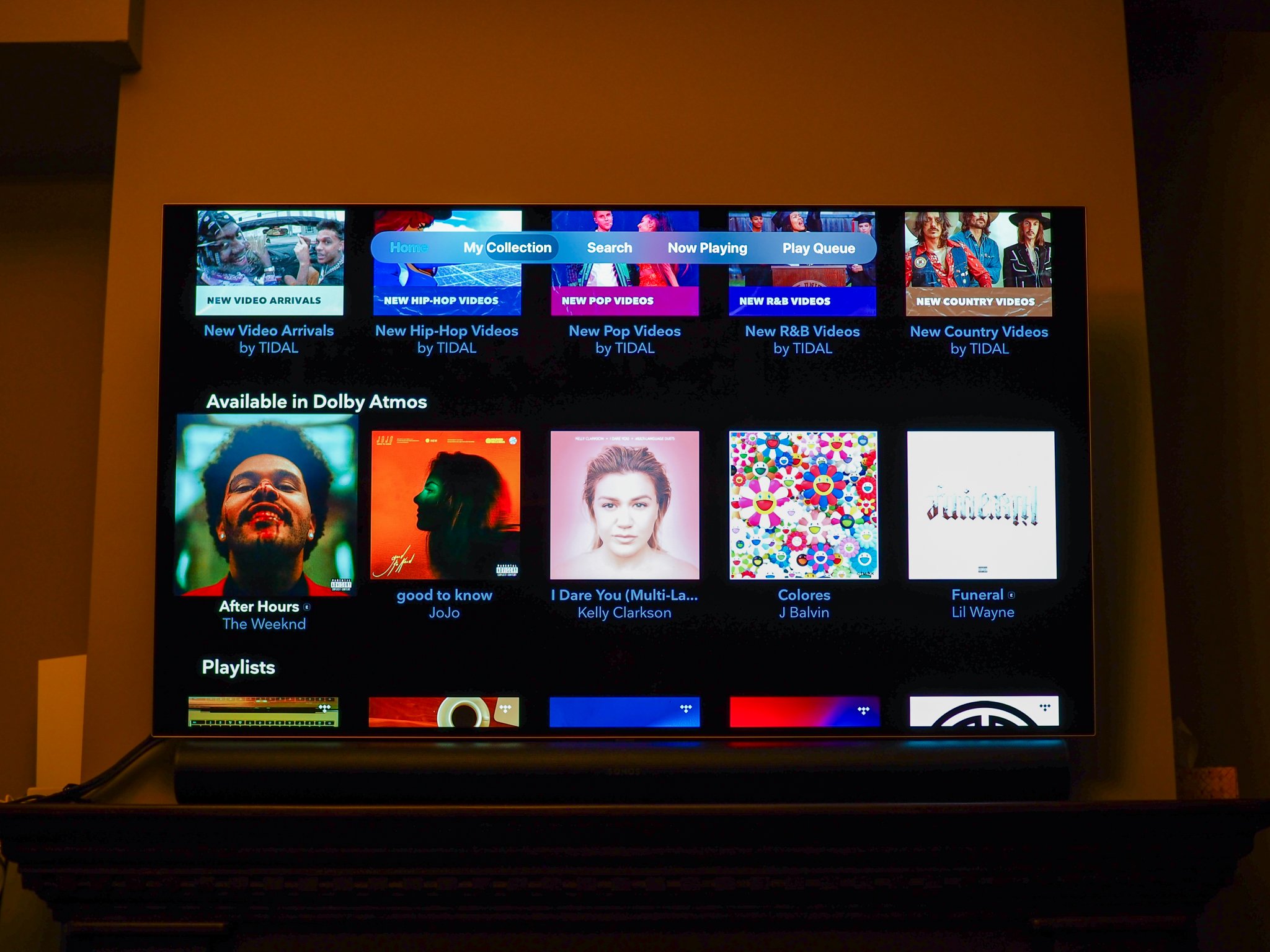
Sonos Arc
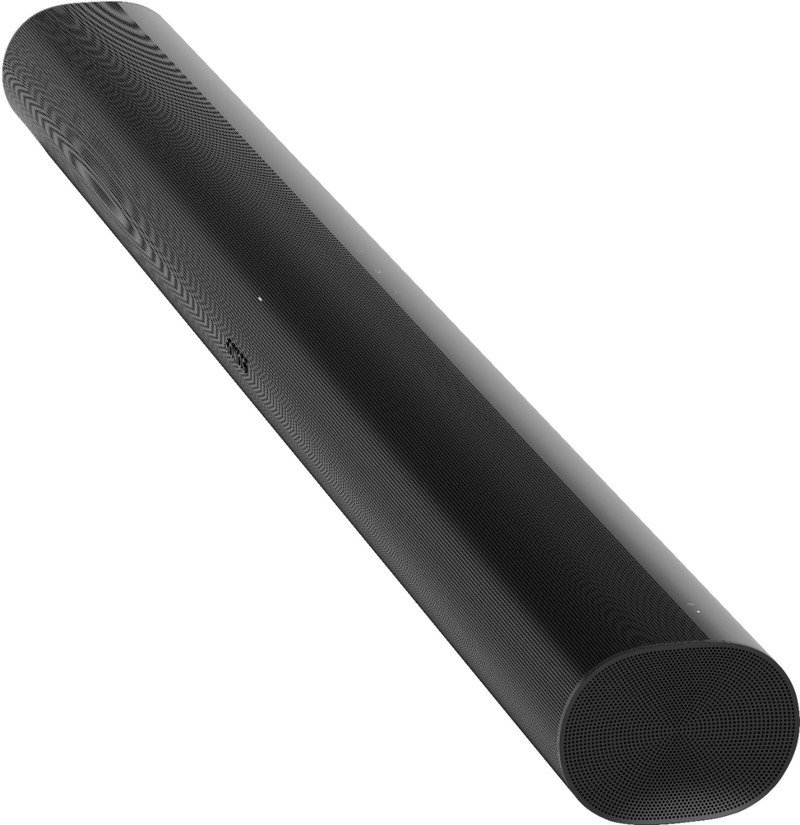
Sonos has created a template for an effective all-in-one soundbar that other audio companies should emulate. The Sonos Arc has a large build that slots in enough drivers to perform strongly compared to actual surround-sound speaker sets. Its Atmos support, excellent bass, and unique sound modes like Speech Enhancement round out an all-around excellent sound system for almost any buyer—though Android users have one reason for concern.
Sonos Arc
Superior audio
Bose Soundbar 700
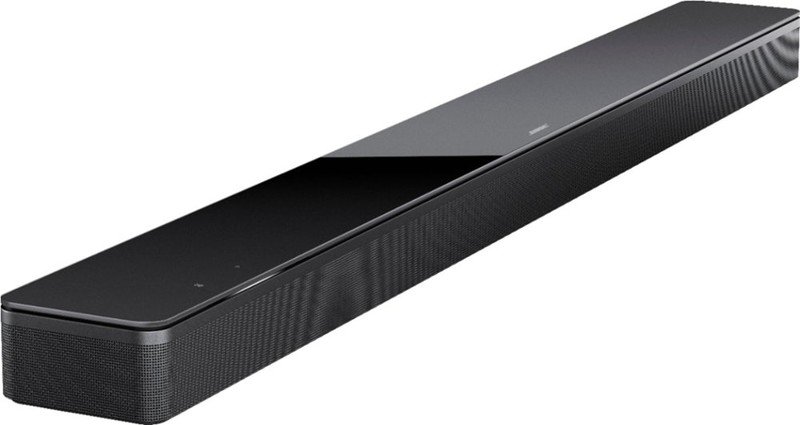
Bose banks on its excellent support for most music services and voice assistants compensating for decent audio that you'd typically find at a lower price point in other soundbars. The Bose Soundbar 700 isn't compatible with the newest audio formats like Atmos and sounds best with the optional Bose subwoofer. Still, its ease of use and setup, and connection to other Bose products makes it a reliable purchase.
Bose Soundbar 700
Full of features
Bose and Sonos' flagship soundbars mirror one another in price, design, and several key features. Both feature all-in-one layouts with optional, expensive accessories like subwoofers, yet the Arc arguably beats out the 700 in its standalone sound performance. Below, we'll lay out how each outperforms the other in various areas and our recommendations for which device best fits your needs.
Similar price, different class of soundbar
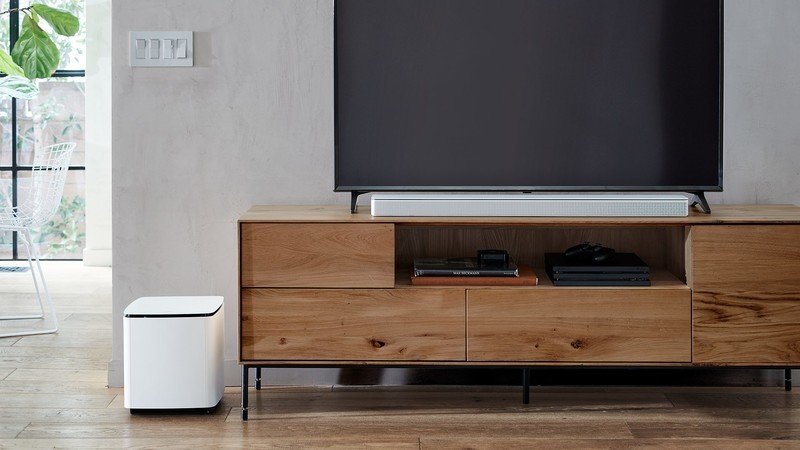
The Arc measures over an inch taller than the Soundbar 700, a negative for buyers with TVs smaller than 49 inches but otherwise a significant perk, as it allowed Sonos to cram in more drivers than Bose could fit in its soundbar's thinner frame. While the Arc packs in 11 discrete amplifiers (including two upward-facing drivers), eight woofers, and three tweeters, the Bose Soundbar 700 comes with just four drivers and one tweeter, along with a proprietary "QuietPort" rear to produce bass.
Sonos labels the Arc a 5.0.2 soundbar, while the Bose Soundbar 700 is a standard 3.0.0 soundbar. Sonos uses its many drivers to project a surround-sound sphere, while Bose mimics surround sound with "PhaseGuide" transducers that direct sound in virtually any (horizontal) direction. However, only the Arc can direct sound upwards, which enables it to support Dolby Atmos content.
Bose's flagship soundbar comes with plenty of great perks and tech, but it falls behind Sonos's flagship in the most important category: sound performance.
Without a subwoofer, or even built-in woofers, the Soundbar 700 doesn't have particularly powerful bass. The Sonos Arc, on the other hand, takes full advantage of its eight woofers to achieve excellent bass despite its lack of a subwoofer. Our Arc reviewer Daniel Bader found the bass so strong that he often used its Night Sound Mode to ensure bass didn't overwhelm the dialogue.
Both the 700 and the Arc support both ARC and eARC in their solitary HDMI ports, allowing both to stream uncompressed audio from your TV. The true benefit of eARC is that it ensures fast data transfer for high-quality content, but only the Arc really takes advantage of this. The 700 only supports Dolby Digital and DTS audio formats, while the Arc works with Dolby Atmos, TrueHD, MAT, Dolby Digital Plus, and Dolby Digital. Formats like Atmos use more data, so you need faster data transfers to ensure they aren't compressed to lower quality before reaching your soundbar.
Be an expert in 5 minutes
Get the latest news from Android Central, your trusted companion in the world of Android
| Header Cell - Column 0 | Bose Soundbar 700 | Sonos Arc |
|---|---|---|
| Size | 2.25" H x 38.5" W x 4.25" D | 3.4" H x 45" W x 4.5" D |
| Weight | 10.5 lb | 13.8 lb |
| Colors | Black, White | Black, White |
| Channels | 3.0 | 5.0.2 (simulated) |
| Upward-facing drivers | No | Yes |
| Subwoofer | Separate purchase | Separate purchase |
| Discrete speakers | Separate purchase | Separate purchase |
| Wi-Fi Streaming | Yes | Yes |
| Bluetooth | Yes | No |
| HDMI ARC / eARC | 1 input | 1 input |
| Ethernet port | Yes | Yes |
| Optical port | Yes | Yes |
| Room Calibration | Comes with proprietary ADAPTiQ headset | TruePlay app that only works with iOS |
| Multi-room support | Yes | Yes |
| Built-in Google Assistant commands | Yes | Yes |
| Built-in Alexa commands | Yes | Yes |
| Built-in Chromecast | No | No |
| AirPlay 2 | Yes | Yes |
| Remote control | Universal Bluetooth remote | None |
| Dolby Digital | Yes | Yes |
| Dolby Digital Plus | No | Yes |
| Dolby Atmos | No | Yes |
| TrueHD | No | Yes |
| MAT | No | Yes |
| DTS:X | No | No |
If you care about how your soundbar looks, the Soundbar 700 arguably wins the aesthetic battle, though both have issues with staying clean. Bose made its soundbar more distinct with a compact design, hard metal edges and a glossy glass top that accentuates fingerprints and smudges. Sonos, meanwhile, plops a large plastic cylinder in front of your TV with tens of thousands of dust-attracting holes all along its front and top. Both come in black or white finishes.
Augment your all-in-one soundbar
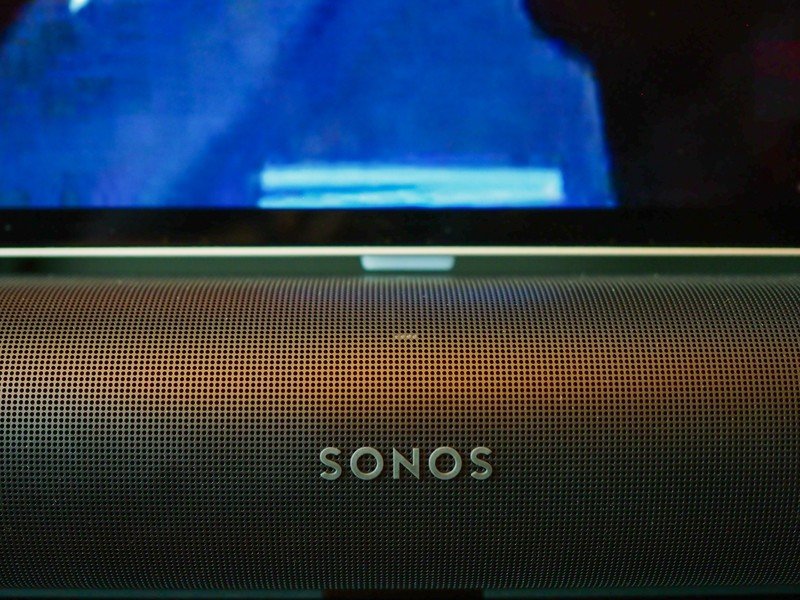
Despite both soundbars ostensibly working as solo products, Bose and Sonos do advertise subwoofers and discrete speakers that you can buy and pair to your soundbar. Yet in either case, purchasing the complete set will essentially double the overall price, making it difficult to justify the cost.
For the Soundbar 700, you can purchase the Bose Bass Module 700, which significantly improves your bass performance but costs nearly as much as the soundbar. Also, the Bose Surround Speakers will give you actual surround sound. All together, you'll get a 3.1.2 setup for a substantial price.
With the Sonos Arc, you can combine it with the Sonos Sub and a pair of One SL wireless speakers, creating a 5.1.4-channel package that costs about double the sticker price of the Arc alone.
If you're willing to spend more money on quality sound, only the Bose Soundbar 700 truly justifies the extra cost. Both soundbars benefit from more channels, but with a dedicated subwoofer, the 700 comes closer to competing against the Arc in sound quality. The Arc more effectively works on its own as a solitary sound system.
Similar features and support
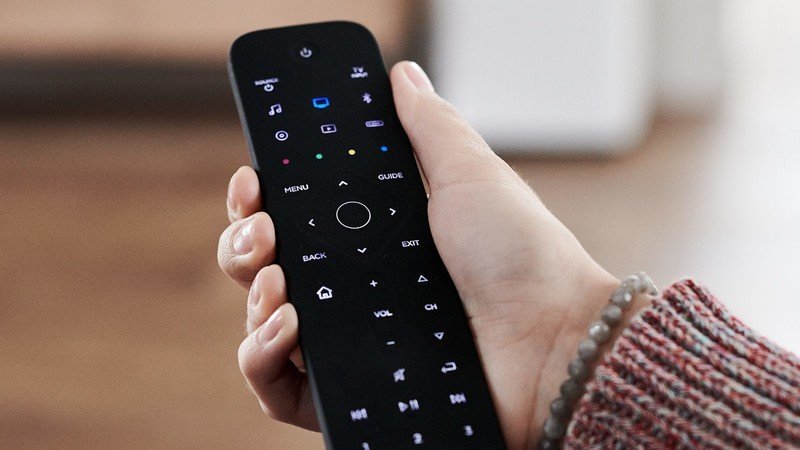
In terms of supported features and connectivity, it's more of an even fight. Both soundbars have native Google Assistant and Alexa commands, as well as AirPlay 2 support. You can access all major music streaming platforms on both via Wi-Fi connectivity. Each device also connects via optical or ethernet cables, but the 700 also works with Bluetooth while the Arc does not.
Assuming you're more comfortable with a traditional remote control than voice commands, the Arc is designed to connect with whichever TV remote you already have. Conversely, the 700 ships with a powerful Bluetooth "Universal Remote" that lets you switch between six preset settings, and even lights up or blacks out different buttons depending on which mode your soundbar is currently using.
Both companies have their proprietary methods of mapping out your room to ensure the best sound quality. The Bose Soundbar ships with an ADAPTiQ headset, which you must wear as you silently walk around the room for ten minutes. With Sonos, you, unfortunately, must have an iOS device to download the Sonos app, which uses your Apple device's mic to measure your room as you walk around silently for three minutes.
It's frustrating that Sonos has no plans for an Android calibration app, locking out many users from optimized EQ settings.
Without an iOS device, Sonos Arc owners will need to manually adjust their EQ settings to match their room, which could prove difficult for most. However, if paired correctly, the Arc is more likely to satisfyingly fill a larger room, due to having more drivers and vertical sound. You can also manually adjust your Bose settings after calibration, but you can only achieve so much with a 3.0.0 soundbar.
Finally, both bars offer excellent options for when you can't blast audio at full volume. With the Arc, you can use the aforementioned Night Sound mode to reduce loud bass and Speech Enhancement to focus on clear dialogue. With the 700, you can actually stream your TV audio or music directly to your headphones using SimpleSync, which your roommates will especially love if you're into late-night gaming or Netflix binging.
Which should you buy?
The Sonos Arc wins over the Bose Soundbar 700 in sound quality and support for most audio formats, and at least ties it in areas like voice commands and connectivity. Its largest negative is the lack of an Android TruePlay calibration app, which locks out a significant portion of consumers from one of the Arc's best features. Yet unless your living room is particularly large or echoey, you should be able to make do with the setup that comes straight out of the box.
As a standalone soundbar, the Sonos Arc mimics everything you'd want from a full surround sound speaker set.
That doesn't mean that the Bose Soundbar 700 is a bad purchase. On the contrary, many other soundbars in this price range lack its excellent perks, from its native Alexa and Google Assistant commands to its eARC compatibility. Plus, if you already own other Bose speakers, you can link them all together into a multi-room ecosystem that's controllable using the Bose Music app. And the 700 does win over the Arc for certain users: for example, those who prefer streaming music over Bluetooth instead of Wi-Fi, or who want to calibrate to match their living room despite owning an Android phone.
Those exceptions aside, however, the Sonos Arc would be our first choice and recommendation for your next soundbar purchase.

Your first choice all-in-one Dolby Atmos soundbar
Sonos Arc holds its own against more expensive Dolby Atmos speaker sets, thanks to its hardcore collection of drivers. Its sound quality and bass far exceed the Soundbar 700, and its simple setup and comprehensive compatibility list help the Arc hold its own, not just against the 700 but against most other devices on the market.

An excellent choice for fans of Bose and Bluetooth
With its laundry list of supported apps—Alexa, Google Assistant, AirPlay 2, eARC, Bluetooth, SimpleSync—the Bose Soundbar 700 is one of the most reliable soundbars you can buy. Its simple setup and straightforward calibration will get you strong audio straight out of the box.

Michael is Android Central's resident expert on wearables and fitness. Before joining Android Central, he freelanced for years at Techradar, Wareable, Windows Central, and Digital Trends. Channeling his love of running, he established himself as an expert on fitness watches, testing and reviewing models from Garmin, Fitbit, Samsung, Apple, COROS, Polar, Amazfit, Suunto, and more.
